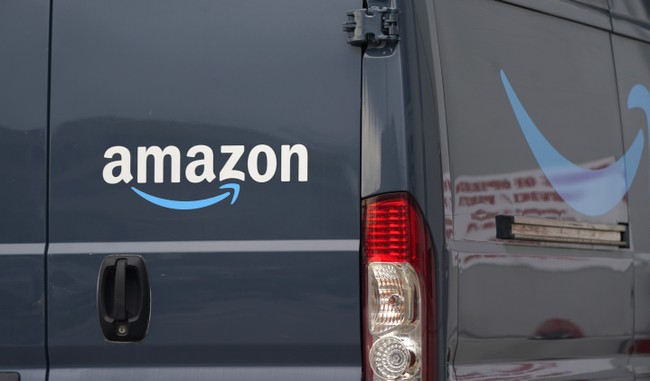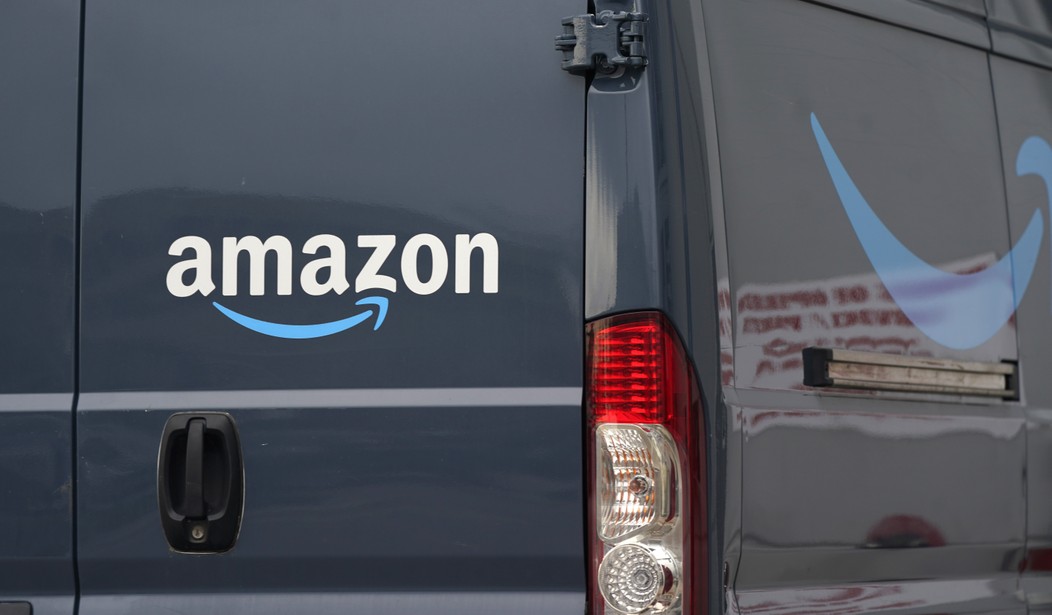ERIE, Pennsylvania -- Few outside of those who live there understand what the county of Erie's future holds for its economic future. Is it rural? A port? A city? A college town? A beach town? A faded Rust Belt hub for industrialization?
Drive around the county and you'll soon find that it is all those things. And while the bulk of the population (80 percent) lives in more urbanized areas, the 38 municipalities of Erie County comprise two cities, 22 townships, and 14 boroughs. There is still a significant number of people in the rural landmass of the county, which makes up 93 percent of the county's total land area. They still need the same services as their urban cousins, including what they can get from retailers.
Amazon, the largest online retailer in the country, recognized this gap across thousands of other rural zip codes nationwide. Its $4 billion investment in rural America was first announced in April, not only expanding its delivery networks in rural areas but also ensuring those deliveries are made faster.
It also created 100,000 new jobs across the country in total.
In the Millcreek suburb of the city of Erie, a brand-new delivery station is bustling with individual delivery stations -- think of them as small businesses inside a larger business -- where workers are loading a fleet of Amazon trucks for delivery across the rolling hills where few brick-and-mortar retailers are located.
Holly Sullivan is visiting the facility from Amazon's Nashville, Tennessee, office. She's the vice president of worldwide economic development at Amazon and led the development of the Tennessee office. It's no accident that the location is in the middle of the country -- Sullivan says it's important to have that kind of connection with customers and employees.
Sullivan calls facilities like the one in Erie their last and most important mile.
"Let me work backwards from the customer, which is what we do. We have within our fulfillment network our larger Amazon robotics, which is our smaller items. We have sortation centers, which is our middle mile, and then we have our last mile, which is our delivery stations," she explained of the logistics.
"We started our delivery stations primarily in more urban areas where the larger fulfillment centers were, but we kept hearing from our customers and our drivers of the distance having to be driven to some of the rural areas," she explained, adding that it was a problem they wanted to solve that led to the rural delivery stations like the one in Millcreek.
The building is not new, per se; it is a retrofit placed inside a former industrial site that produced chemicals. It was 2020, and the company wanted to see if the plan would work.
"We tweaked some things," she explained, "learned as we went, and by 2026, we plan on having over 200 rural delivery stations and, in total, a $4 billion investment in rural America."
Sullivan pulled up a map showing they will be in all 50 states, once Vermont finally makes it over the permitting threshold.
"It's fine. We like to follow the rules, and this goes into part of our bigger network," she said.
Underscoring her point, a recent economics study showed that when an Amazon fulfillment center or delivery station is located in a community, it increases the median income by $1,200 a month, according to Oxford Economics.
The small businesses within Amazon are the delivery service partners, which operate their own delivery businesses within Amazon, explains Danielle Whitlock, who, along with her husband, Army reservist Victor Whitlock, operates their logistics business across rural Erie.
"We've been here since July of 2021, and it has grown a lot. We started with a total of seven routes, and now we constantly run around the 40 range in a day, and it is a pretty wide rural territory that runs to the Ohio border," she explained, adding that they started with a handful of employees and are now over 100.
What is great about the program is that it creates small businesses within Amazon, which in turn creates good-paying jobs for people in rural areas, she said.
"But it also provides an overnight service that people in high-population areas take for granted but had been considered a luxury in retail deserts in rural America. Pull it all together, and it is a very good thing for everyone."
Editor’s Note: Do you enjoy Townhall’s conservative reporting that takes on the radical left and woke media? Support our work so that we can continue to bring you the truth.
Join Townhall VIP and use the promo code FIGHT to get 60% off your VIP membership!





